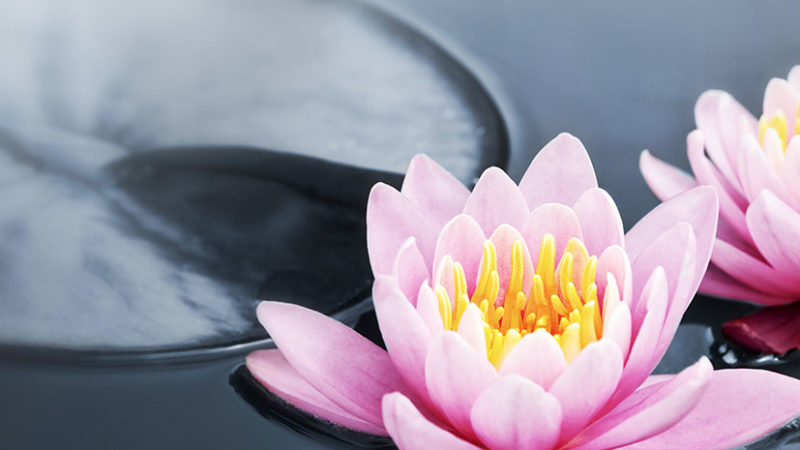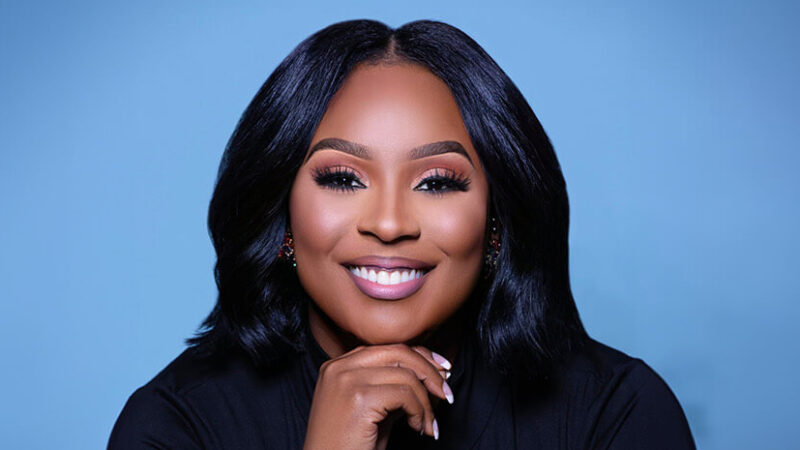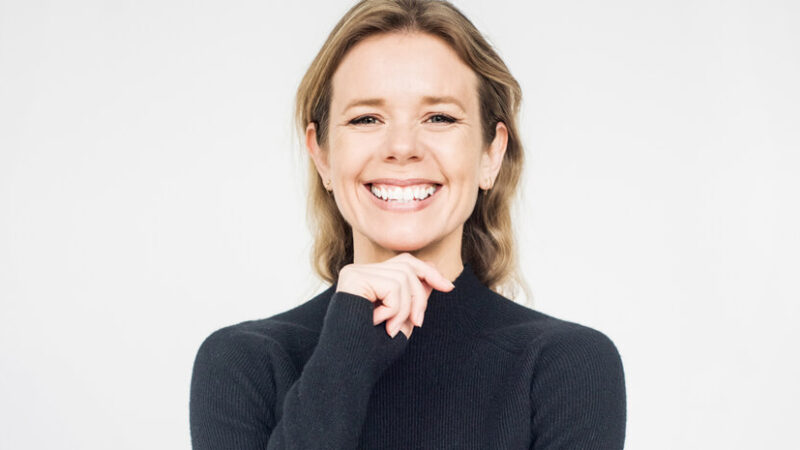Guided Meditation: Accepting Your Experience Just as I...
If you have traveled on the spiritual path even a little way, you have probably come across some version of “love what is”—a reminder that you should accept your experience as it is. However, this teaching easily becomes another injunction. Notice the should in the earlier sentence—it is always a red flag that the judging mind is at work.
The conditioned mind cannot accept unconditionally. It always has an agenda, even if it is well hidden. It secretly bargains and sends the message, “I will accept you [sotto voce] if you change or leave.” This approach is akin to welcoming guests at your front door while secretly hoping they will exit out the back—the sooner, the better! Guests—our unwanted thoughts, feelings, and sensations—will certainly feel this conditional invitation, even if it is unspoken. As a result, they will be much less willing to enter, relax, and reveal themselves. The result? What we resist, persists. So when your new arrivals show up at your door, put away your timer and share some aromatic green tea and a raspberry scone with them. Settle in and let them tell their stories and share their feelings. They just want to be heard and understood. Once they feel genuinely received, they will be open to a new perspective.
Are you willing to be with your experience just as it is, even if it never changes? This is a critically important checking question. Take a few minutes to inquire with the following practice.
MEDITATIVE INQUIRY
Are You Willing to Accept Your Experience Just as It Is?
Sit quietly where you won’t be disturbed, close or lower your eyes, and take a few deep breaths. Feel the weight of your body held by whatever you are sitting on and relax. Feel your attention settling down and in.
Think of a troubling aspect of your conditioning—an unwelcome pattern of behavior, reactive feeling, bodily tension, or invasive thought. Then ask yourself: “Am I willing to accept this just as it is?”
If your response comes from the strategic mind, there will be an honest no. This is good to see. If this is the case, try asking the question a little differently: “Is there something in me that already accepts this just as it is?”
If your attention has settled into the Deep Heart, you will find a yes.
Journey into the depths of your own heart with Dr. John J. Prendergast’s guide, The Deep Heart: Our Portal to Presence.




